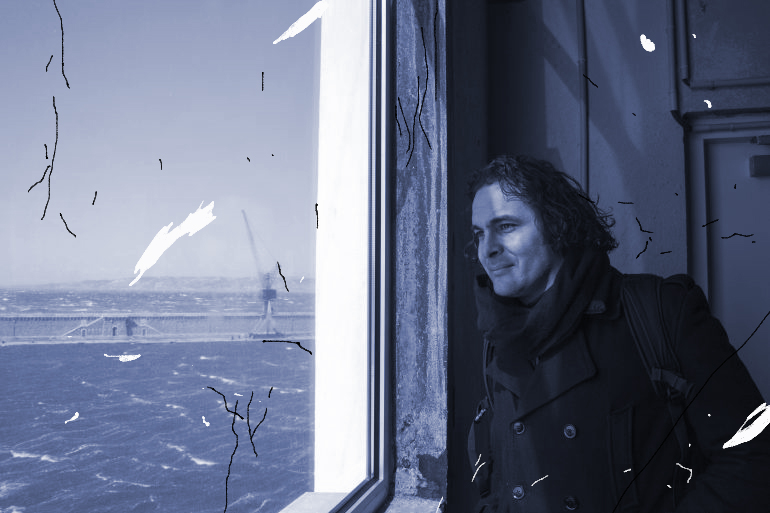6 September| 6 pm – 12 pm
7 September | 4:30 pm – 12 pm
WeGil – Salotto
video installation
42′
Scheduled also at Pelanda
10-11 September | h 8 pm – 12 pm
Galleria (free entry)
In French with subtitles in Italian and English
Click here to purchase the daily ticket for 7 September
With his film The Body’s Legacies, Part 2: The Postcolonial Body, Kader Attia looks into the concept of the immigrant body in Western societies and exposes the traits that have been attributed to it. Whether it is considered as particularly strong, whether it is sexualised or whether it is controlled in capitalist structures of heavy labour and social housing, it appears as the representation of the “Other”, as part of a narrative that can be traced back to colonial times and imperialist propaganda. Interviews with a scholar, an activist and two people working in the cultural sector in France explore in which way such ideas and values rooting in colonialist ideology from centuries ago are still at stake even in the —seemingly— most progressive and liberal countries and metropolises. It is not only the case of a young French-Congolese immigrant, who became the victim of police violence addressed in the film, that reveals the extent to which the immigrants’ bodies are still subjected to control by physical violence: they are also victimised by abstract structures that govern parts of our daily life and society’s perception.
Kader Attia (born in 1970, Dugny, France), grew up in Paris and in Algeria. Preceding his studies at the École Supérieure des Arts Appliqués Duperré and the École Nationale Supérieure des Arts Décoratifs in Paris, and at Escola Massana, Centre d’Arti Disseny in Barcelona, he spent several years in Congo and in South America.
The experience of living between different cultures, the histories of which over centuries have been characterised by rich trading traditions, colonialism and multi-ethnic societies, has fostered Kader Attia’s intercultural and interdisciplinary approach of research. For many years, he has been exploring the perspective that societies have on their history, especially as regards experiences of deprivation and suppression, violence and loss, and how this affects the evolving of nations and individuals —each of them being connected to collective memory.
Kader Attia‘s work has been shown in group shows and biennials such as the 12th Shanghai Biennial; the 12th Gwangju Biennial; the 12th Manifesta, Palermo; the 57th Venice Biennial; dOCUMENTA(13) in Kassel; Met Breuer, New York; Kunsthalle Wien; MoMA, New York; Tate Modern, London; Centre Pompidou, Paris, or The Solomon R. Guggenheim Museum, New York – just to name a few.
In 2016, Kader Attia was awarded with the Marcel Duchamp Prize, followed in 2017 by the Prize of the Miró Foundation, Barcelona, and the Yanghyun Art Prize, Seoul.
Ticket for WeGil is daily and subject to availability








